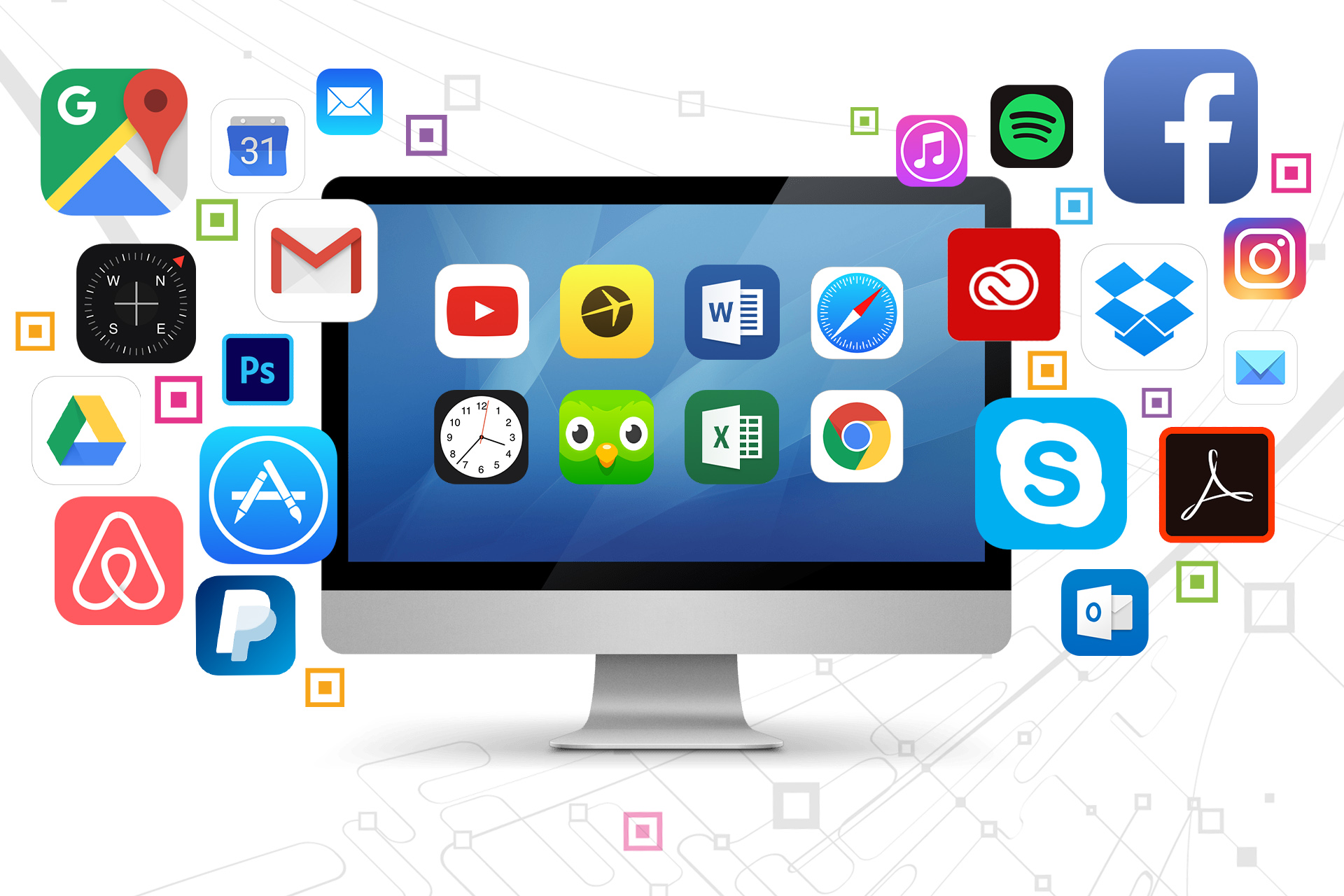What is Computer Programs? Types & Examples
In today's digital age, understanding computer programs and their functionality can enhance productivity across various professional fields. A computer program, commonly referred to as an application, consists of coded instructions that perform specific tasks on a device.
These instructions collectively result in software capable of managing more intricate operations, such as driving a computer's core functions. By utilizing coding languages, developers create these instructions in a format comprehensible to computers.
Programs empower users to execute diverse activities: from researching articles and managing data, to communicating via email or video and safeguarding devices against malware.
Integrating such technologies into daily routines can significantly improve efficiency. This guide delves into the concept of computer programs, discussing five significant types alongside practical examples that can boost workplace productivity.
What is a Computer Program?
A computer program is a sequence of coded instructions that automate tasks on a device. These tasks range from simple ones, like editing documents, to complex processes such as running a computer's operating system.
Programs are written in coding languages that translate human commands into a language that devices understand. They allow users to perform various functions, such as:
- Researching Information: Locating and retrieving online data.
- Data Management: Organizing and storing personal or business-related data.
- Communication: Connecting with colleagues via emails or video calls.
- Document Processing: Drafting, editing, and formatting written documents.
- Scheduling: Planning current and future activities.
- Media Editing: Altering video, audio, or image files.
- Security: Protecting devices from cyber threats.
- Reading PDFs: Viewing files in Portable Document Format.
Types of Computer Programs
Here are five types of programs that are particularly beneficial in a professional setting:
- Internet Browsers
Internet browsers are programs that facilitate access to web pages, such as search engines or corporate sites. Users input keywords or URLs in the browser's search bar to find the desired information, which the browser then displays as a list of results.
Depending on one's profession, browsers can serve different functions. For instance, copywriters might use them to research topics, refining search results by using specific search terms.
- Word Processors
Word processors enable users to enter, modify, format, or remove text within documents. These programs often include capabilities to format content details, such as headers and lists, making texts easily readable.
Additionally, documents can be shared with others with controlled editing permissions. For example, an investment analyst might employ a word processor to draft comprehensive reports, which are gradually refined to reflect market changes.
- Teleconferencing Software
Teleconferencing software allows users to connect with colleagues over distances through audio and video communication. Such applications ensure a stable connection, enabling multiple participants to join a session, subject to the capacity of the software.
For individuals seeking remote employment, teleconferencing can facilitate job interviews, enabling them to present their qualifications directly to potential employers.
- Digital Spreadsheets
Digital spreadsheets are computerized forms of traditional worksheets used to store volumes of numerical data. They aid businesses in tracking financial information from various reports. Data can be organized into distinct columns and sections, enhancing interpretability.
For a Chief Financial Officer, digital spreadsheets are invaluable for revenue and expenditure monitoring, which aids in decision-making and future planning.
- Project Management Tools
Project management tools assist in organizing personal and collaborative tasks. By utilizing these applications, teams can work synchronously on projects, regardless of geographical separations.
Such tools enable meticulous project planning, considering deadlines and team member availability. Freelance professionals, for example, may find these indispensable for managing large-scale marketing projects with international teams.
Examples of Computer Programs
Here are five real-world examples of computer programs that facilitate work activities:
- Mozilla Firefox
Mozilla Firefox is a web browser used for navigating and gathering information online. It offers features like bookmarking frequently visited sites and a Reader Mode to minimize distractions. Its spell-check function ensures accuracy of written communication on any webpage.
- WordPerfect
WordPerfect is a versatile word processor that supports diverse document formats. It facilitates the creation, editing, and sharing of documents while allowing users to protect sensitive information through document redaction and metadata removal.
- Webex
Webex is a video conferencing application that secures communications with end-to-end encryption, protecting user data. It supports additional features like polls and messaging during meetings and offers options for tailored enhancements based on organizational needs.
- Microsoft Excel
Microsoft Excel is a digital spreadsheet tool aiding in the storage and organization of numerical data. It allows users to analyze financial information via camera-imported data or preset templates, facilitating collaboration by aggregating inputs from multiple users.
- Asana
Asana, a project management application, supports task scheduling and progress tracking on digital dashboards. It allows managers to assign tasks and monitor team performance, while customizable rules help balance workloads among team members.
Conclusion
Understanding and leveraging these computer programs can optimize workflow, enhance communication, and contribute to professional growth in various sectors.
Such tools are indispensable in navigating the complexities of modern work environments.

Post a Comment for "What is Computer Programs? Types & Examples"